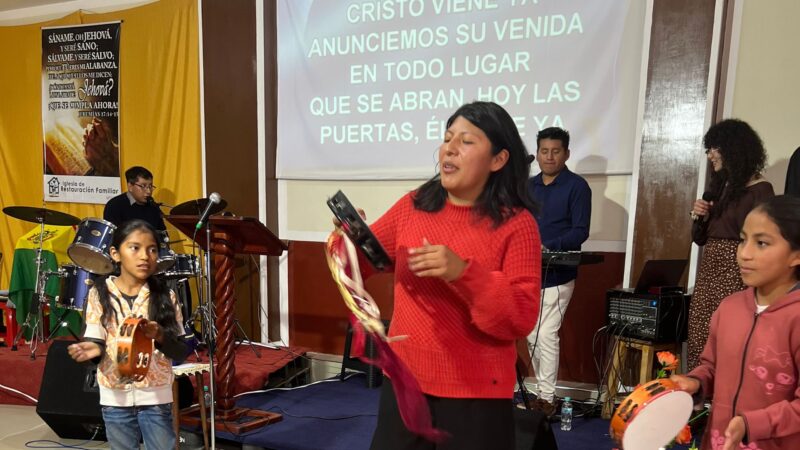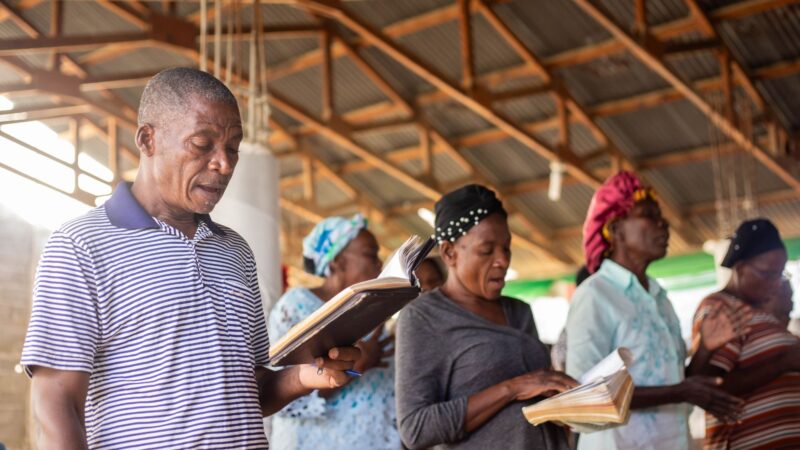We’ve just wrapped up another holiday season. Christmas decor is being packed away, Times Square is probably still getting cleaned up, and turkeys are able to breathe a little easier for a while. Whether it’s the festive lights, the copious amounts of delicious food, or simply the time spent together with friends and family, this time of year holds a special place in our hearts.
As the years go by, it becomes more and more challenging to separate the holiday season from the frantic gift-giving culture that’s developed up around it. We love giving gifts to others and getting to see their jubilant expressions as they rip back the brightly colored paper and reveal the shiny new item that will hold their attention until the next package is brandished.
Our motivations for giving are undoubtedly mixed.
Mostly our gift giving is out of a sense of joy and generosity, although I’ll admit that I’ve purchased my fair share of gift cards to make sure that so-and-so will have something in their stocking. Sometimes we don’t give it much attention, but the fact is that there’s always a reason behind our decision to give a gift to someone else.
A 2018 research study* asked Christians for the top motivations for their charitable giving.
Unsurprisingly, most of the reasons given were emotionally inspired, and it got me thinking about the biblical reasons for why we give. The long-and-short of it is that it all comes down to the heart.

Jesus effectively illustrates this point in the story of the Widow’s Offering found in the Gospel of Luke. The story tells us of a time when Jesus observes how a widow, in the wake of many abundant donations, places two coins into the offering. Jesus comments on her gift, stating that “this poor widow has put in more than all of them. For they all contributed out of their abundance, but she out of her poverty put in all she had to live on” (Luke 21:3-4).
So many times throughout the biblical narrative we see how God leads His people to the point of decision. God presses those who follow Him to walk by faith and place themselves in the care of the Father who loves and provides for them. The widow in the story gives to the Lord out of her conviction that He will be the one to see her through. It’s an act of faith, trust, and worship.
When we give out of a sense of worship, we create a proper perspective of the gift itself. We recognize that our offering is not so much about what we are doing for someone else, but rather about how we are trusting in God and creating for ourselves a position of weakness so that God can show Himself strong in our lives. It shifts the perspective of our giving to one of faith and one that honors God and partners with Him in ministry.

Finally, when we give with a motivation of worship, we recognize the sovereignty and ownership that God already has over all that we possess. We don’t hold back because we, like David in his prayer in the assembly (1 Chronicles 29), acknowledge that we are merely giving back to God from His own storehouses. God allows us the opportunity to be a part of what He’s doing in the world and to share in the joys that come from watching our marvelous Father work.
As we begin this new year, let us remember the attitude of the Israelites during the building of the tabernacle in Exodus 36. So joyful and generous was their giving to the project that the craftsmen eventually asked Moses to restrict the people’s giving because it was more than they needed to do the work of the Lord. When we give with a motivation of worship, we inevitably see the work of God multiplied.




